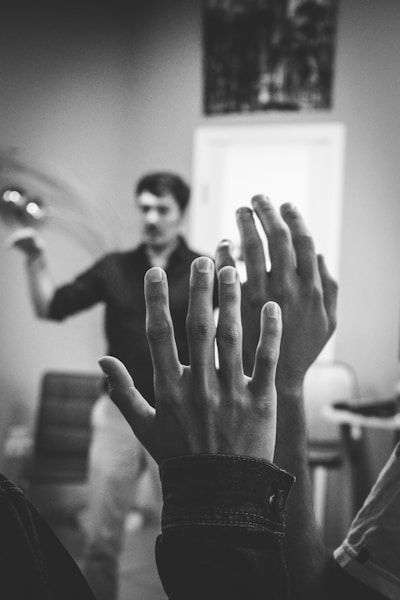People often ask me how I define culture.
It’s a surprisingly hard question to answer, not because culture is complicated, but because so many official definitions make it sound like the dullest thing on the planet.
Take this, for example. Here’s how Arts Council England defines it:
Take this, for example. Here’s how Arts Council England defines it:

It’s accurate, but it doesn’t exactly stir the soul.
So, here's what I wrote:
Reflecting on Your Place: What Does Culture Mean to You?
Write your awesome label here.
To me, that’s what culture is really about.
It’s not a list of art forms or a funding category.
It’s the beating heart of who we are, the stories, sounds, and shared moments that remind us we belong.
If you are building a night time culture strategy or night time strategy, please don’t hesitate to reach out and ask for help, we are night time strategy specialists.
